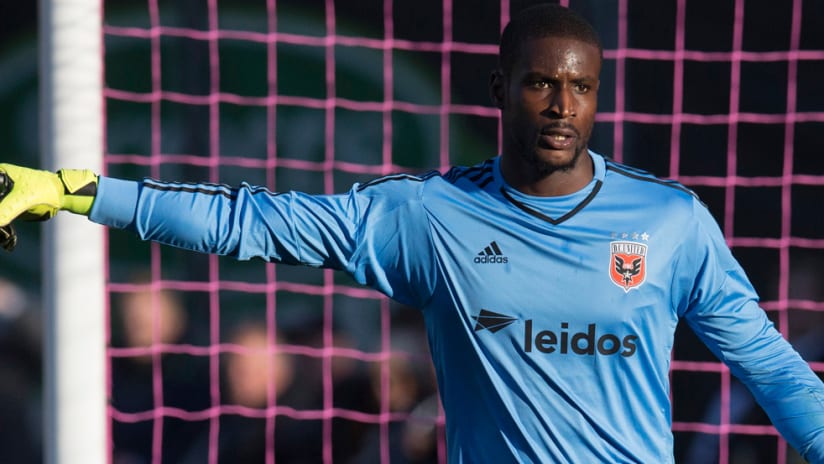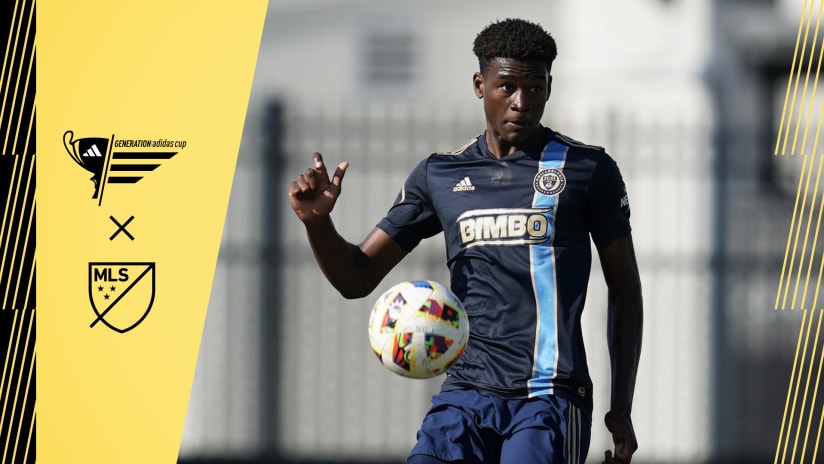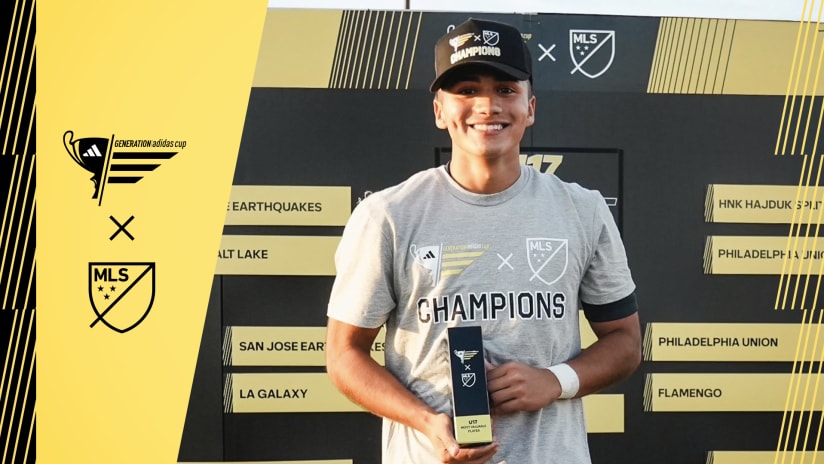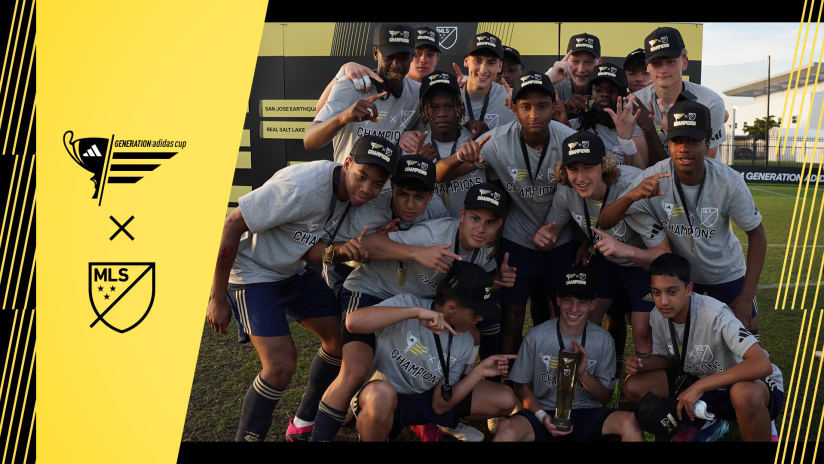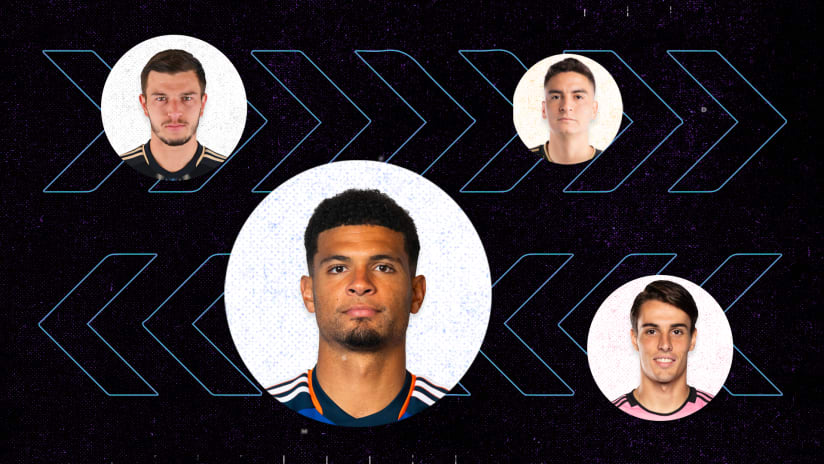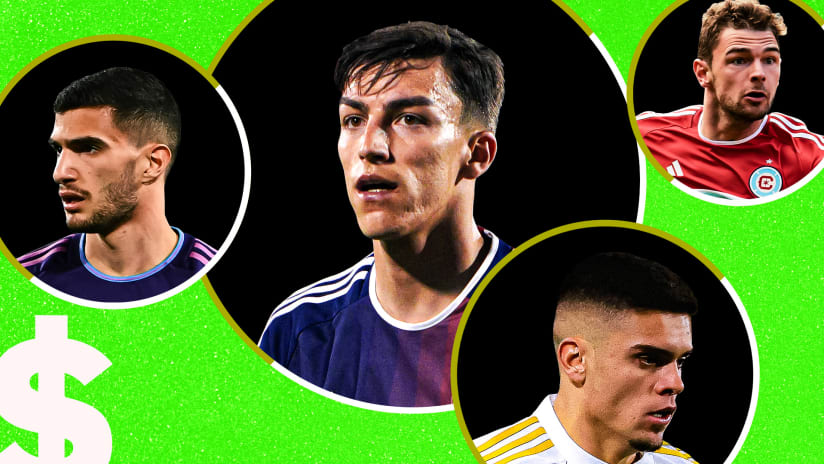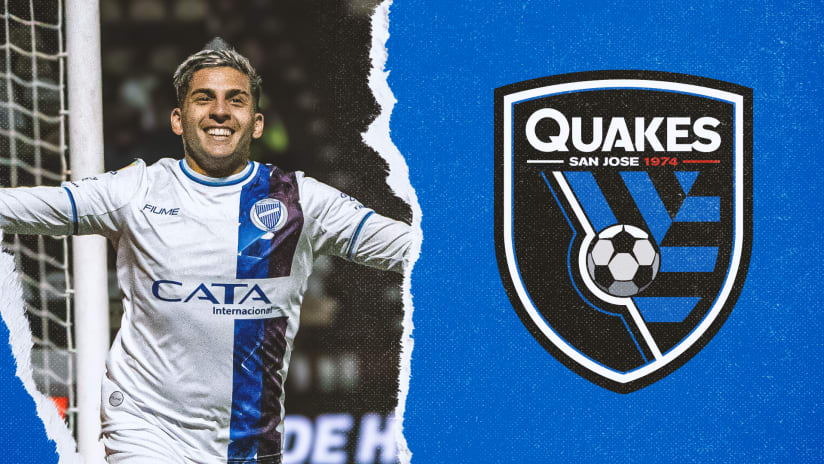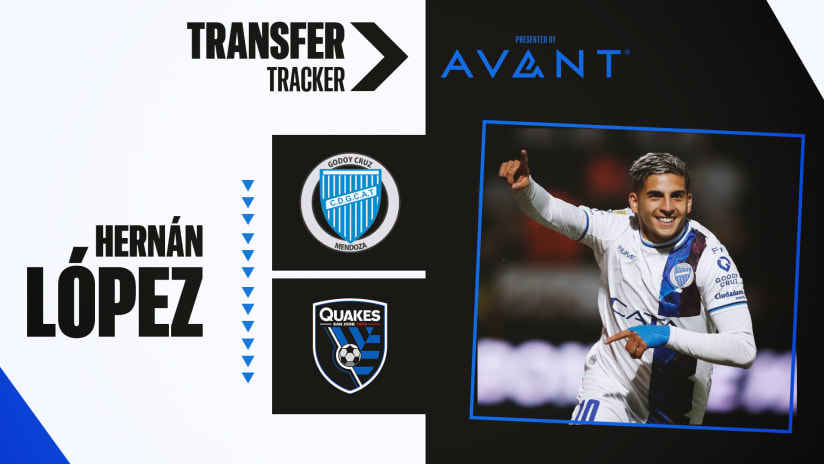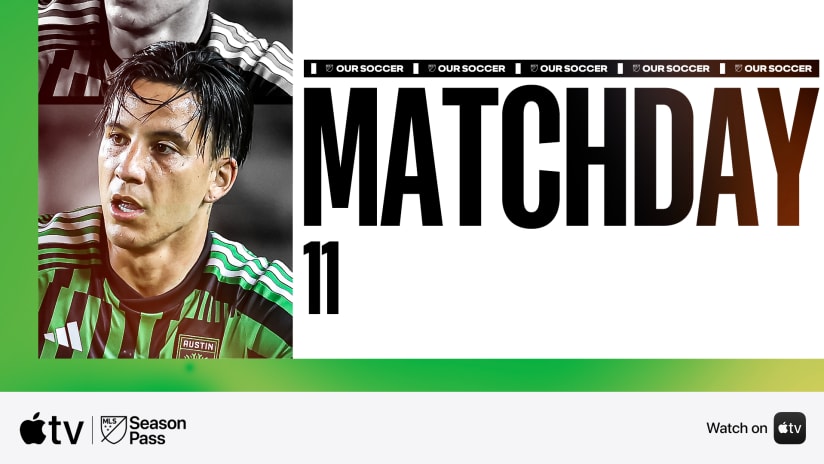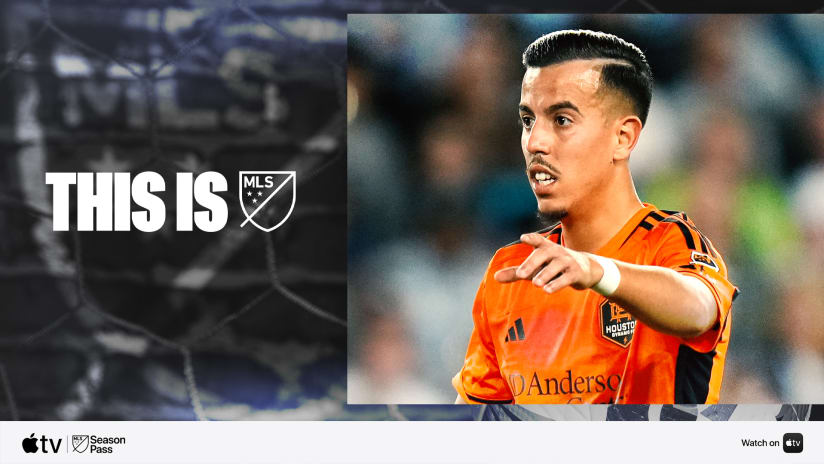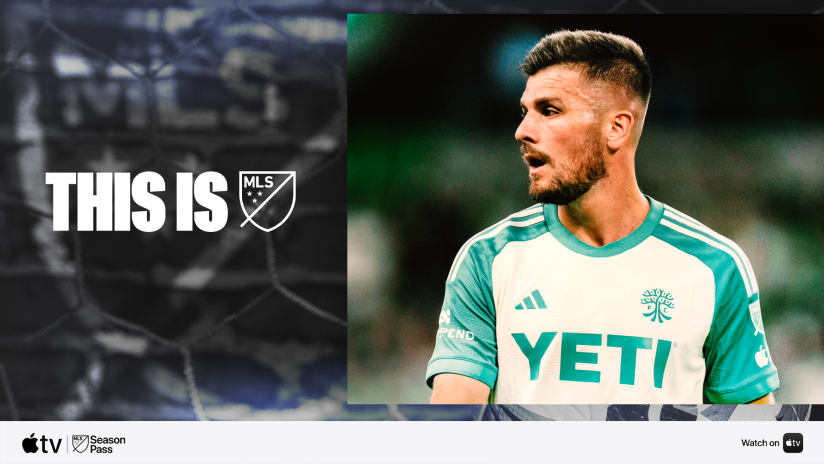When the Generation adidas Cup was started 10 years ago, it was primarily a way to measure the quality of MLS academies that had just been started. And while that's still the case, a decade of the tournament has also given fans another reason to watch: it's go-to viewing if you want to see what the future of your club looks like.
The 2017 tournament starts on Friday, with a full slate of games featuring 19 MLS clubs and some of the biggest international teams in the world including Real Madrid and Chivas de Guadalajara. Each Under-17 academy team will play three group stage matches (Friday, Sunday, Tuesday) and two playoff matches (Thursday, Sunday). Six matches will be streamed on MLSsoccer.com each day with commentary on two.
Now a globally-recognized youth tournament, the GA Cup was originally the brainchild of Alfonso Mondelo, the former head coach of the NY/NJ MetroStars (1998) and Tampa Bay Mutiny (2001) and current MLS technical director of competition.
It was started around the same time US Soccer created the US Soccer Development Academy (USSDA), and in those years non-MLS teams dominated proceedings as they had been around for a much longer time.
Also in those days, Mondelo says the actual GA Cup games resembled more “demolition derby than soccer.”
But that begin to change in recent years thanks to two very important goals: providing experience for the participating players while also providing experience for the coaches on the sidelines, whose strengths and deficiencies can be evaluated during both the games and the coaching symposium that takes place during each tournament.
That change began to take shape thanks to MLS’s partnership with the French Football Federation in 2013. Over the past four years, along with the hiring of Fred Lipka as technical director of youth development and players, the partnership has helped shape the future of MLS academies and GA Cup. The ECFL course that is part of the partnership has seen over 40 MLS academy coaches participate over two cycles and has helped improve not only the GA Cup, but results for MLS academy teams in USSDA competition. MLS teams have won nine of the last 10 championships across both USSDA age groups (U-15/16, U-17/18), after winning just two of the first eight. The results were there but there was still in underlying issue, according to Mondelo.
“We saw that all of our clubs, even though they hadn't been around very long, the results were there. That does not mean that we were really developing players correct because still there was little few very few players making it to the first team,” Mondelo told MLSsoccer.com last week.
The solution to this problem came in 2014 with the introduction of international clubs to the GA Cup. That first year, there were only three foreign clubs that participated (Chivas Guadalajara, Stoke City, Flamengo) but this year that number has ballooned to 13, the largest amount ever. The introduction of these teams has helped the development of MLS academy players, who are not exposed to that level of talent week in, week out during the USSDA season.
“The goal is to provide an environment where the players are going to be challenged in the match you know and that is always having to against a team that is going to sit back against them and close these spaces down,” said Mondelo (pictured below).

“I mean the players technically have gotten much better,” he added. “There’s a better tactical awareness and understanding of the game. Teams have been much better structured and you can see it is a work that's going on year round.”
Since its inception, the Generation adidas Cup has been a breeding ground for future MLS talent. Andy Najar, Bill Hamid, Kellyn Acosta, Tyler Adams and Tommy Thompson are just a few of the many names MLS fans may know that participated in the tournament. And for those curious who their team's next big Homegrown star will be, watching the GA Cup may be the easiest way to get in the know.
“This is the future of your club,” Mondelo said. “You want to see where you are your clubs is doing what am I going to be looking at in a couple of years.”
One new addition to the tournament that came about in 2015 was the introduction of the Under-12 tournament. That tournament is less about the results, though it does crown a championship, and more about development and giving those players a chance to compete against the very best.
“Now we have to have those players in that young age because the critical age is for learning probably between the ages of 8 to 12 or 13. So when you play at the age of 13 you will have every skill that you will ever need to be a professional player,” said Mondelo. “I feel that you can polish something but usually those ages are the most critical for where a player develops that technical ability, develops his risk-taking his ability to not be afraid to handle the ball. So if you’re not contacting those players at a young age I think after that it becomes too late to impact.”
With the U-12 teams competing seven-a-side on a smaller field, the players’ development of their technical ability can be accelerated. While these games will not be streamed on MLSsoccer.com, there’s little doubting their impact.
“There's no hiding in the field. Everybody has to be engaged. You're constantly in contact with the game both offensively and defensively. You learn the ability to play with time spacing and perception and viewpoint which is what the game demands on a higher level.”
The development of youth is important for any soccer team or league and the Generation adidas Cup is an important benchmark for every MLS team participating. It also provides fans a look at what’s to come, so don’t waste the opportunity to see your next star.

